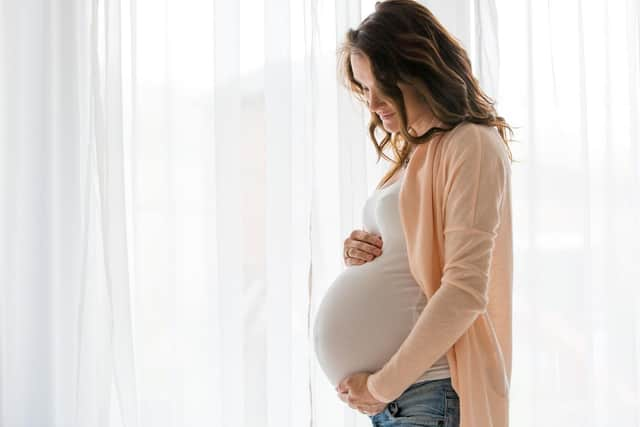Call to extend female egg freezing time is backed by Government
Earlier this month, the UK Government said it was considering extending the limit for how long frozen eggs, sperm and embryos can be stored for.
The storage period is a maximum of ten years, after which families must decide whether to undergo fertility treatment or have their eggs, sperm and embryos destroyed.
Advertisement
Hide AdAdvertisement
Hide AdBut leading doctors said this limit was “too restrictive and not fit for purpose”.


Experts from the RCOG and The British Fertility Society (BFS) said the existing ten-year limit may encourage women to defer freezing her eggs until later in life, when the quality of the eggs will have deteriorated.
The bodies have called for a change in the law which governs the storage limit for frozen eggs for non-medical reasons.
“The RCOG fully supports calls to remove this restriction and will work with the government and other key partners to find a solution to any storage issues that would be better for women.”
Dr Jane Stewart, chair of The British Fertility Society, said: “The ten-year limit is arbitrary and can be extended for those people who froze eggs for medical reasons. There is no scientific or medical reason why eggs frozen for social reasons couldn’t be kept for longer too.
“As a sector, we want to offer all the support we can to our patients. Family planning is changing and many people choose to have children later in life. We wish to ensure that those who want to have a baby have the best possible chance of success.”
The bodies said data from 2016 showed 18 per cent of IVF treatments using a woman’s own frozen eggs were successful. The live birth rate for fresh IVF treatment in the same period was 26 per cent.
The number of women freezing their eggs has soared by 257 per cent since 2012, with 1,462 egg freezing cycles in 2017 compared to 410 in 2012, while freezing technologies have become more advanced.
Both men and women may freeze their sperm and/or eggs for non-medical reasons.